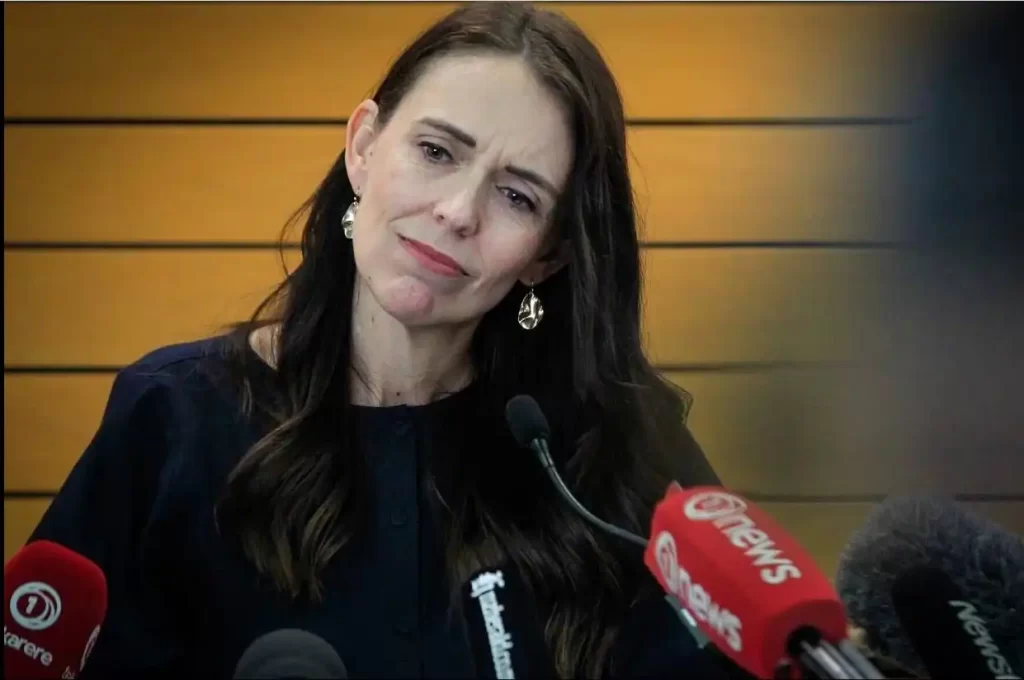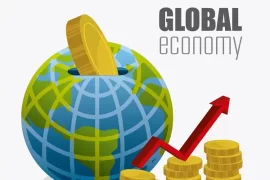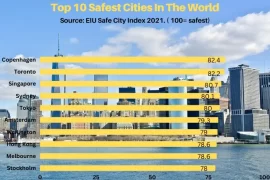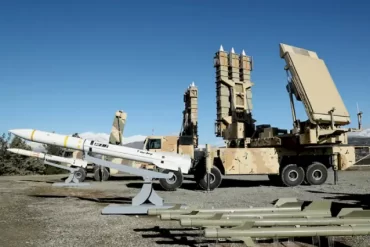
On Thursday, Jacinda Ardern, the Prime Minister of New Zealand, shocked the country by announcing her resignation as the leader of the Labour Party and confirming a national election in October. Ardern, who was elected in 2017 as the world’s youngest female leader, cited that she “no longer had enough in the tank” to do the job.
She will stand down on February 7, 2023. A caucus vote will be held on January 22 for a new party leader and the next Prime Minister of New Zealand. What is the future of New Zealand
During her tenure, Ardern faced several major challenges, including a terrorist attack on two mosques in Christchurch, the White Island volcanic eruption, the COVID-19 pandemic, and the recent economic crisis. Although Ardern showed the world how to lead with intellect and strength, five years of governance must have taken a huge toll on her, forcing her to choose a new path.
The question now is, “What is the future of New Zealand after Ardern’s shock resignation?”
Ardern’s sudden resignation has created an uncertain future for New Zealand’s government. Deputy Prime Minister Grant Robertson, who also serves as finance minister, has stated that he is not standing as the next Labour leader, leaving Education Minister Chris Hipkins and Housing Minister Megan Wood as potential contenders. However, there is huge uncertainty, making the 10 months leading to the October election crucial for the Labour Party.
Opposition National party leader Christopher Luxon had recently overtaken Labour as the preferred party in opinion polls. Ardern’s stepping down and the economic recession now pose a huge challenge for the Labour Party. In an election year, economic policy will be the main focus of the Labour Party. New Zealand’s inflation is at a near 30-year high with the costs of rent, food, and petrol being stubbornly high. The new leader will have to be more efficient at tackling economic problems. However, little change is expected in New Zealand’s foreign policy, since the Labour Party is still the ruling party.







